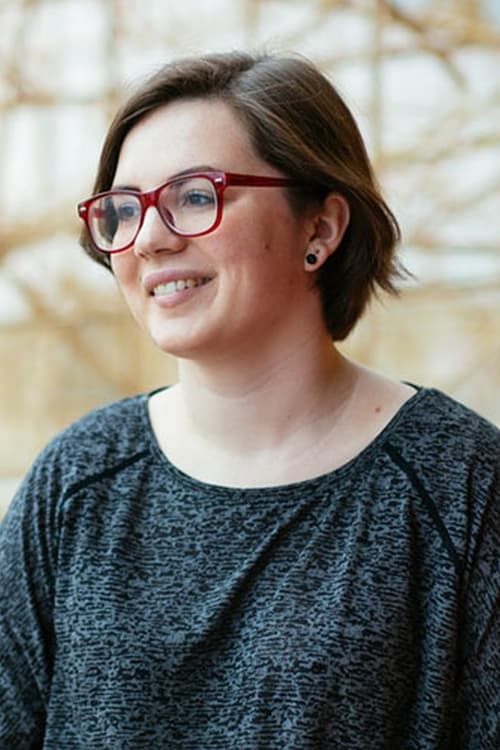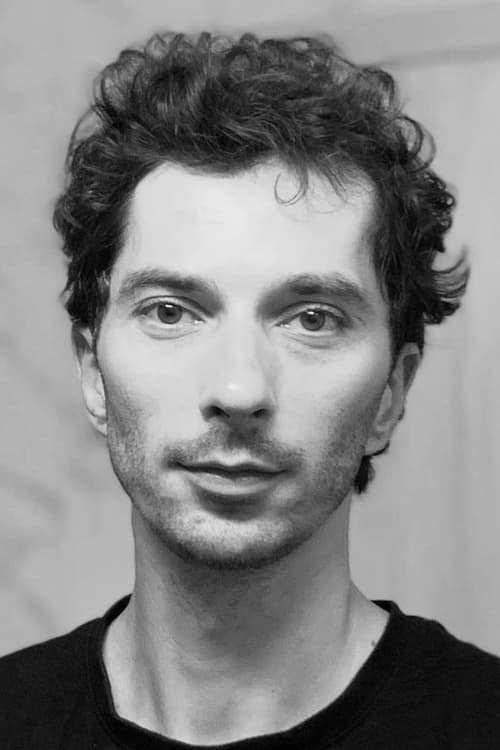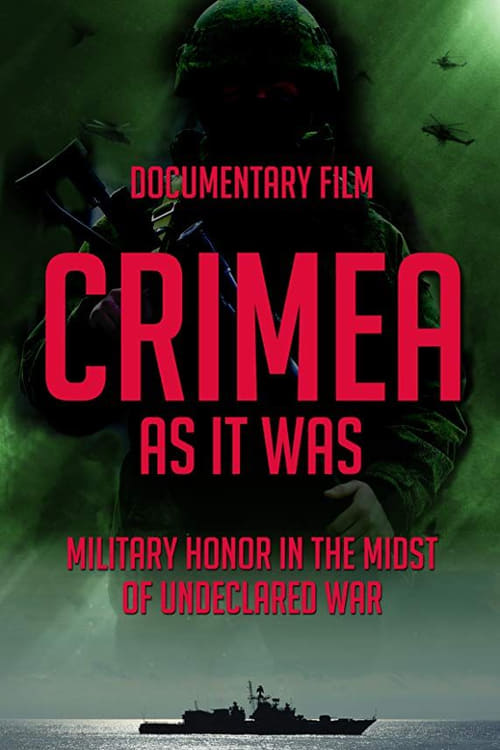Crimea. As It Was (2016)
Genre : Documentary
Runtime : 2H 6M
Director : Kostiantyn Kliatskin
Synopsis
The film is a story about the officers, soldiers and seamen who did not betray their oath of loyalty to the people of Ukraine and their first hand accounts about Russia's invasion and annexation of Ukraine's Crimean Peninsula. They continue to fulfill their military obligations on land, on sea and in the air today.
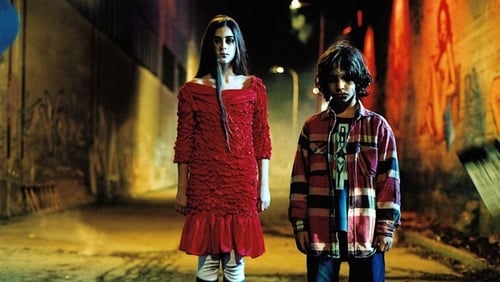
Two amateur circus kids from a poor Ukrainian village, ten-year-old Barbu and his older sister Mimma, are sold to a circus artist called Caruso who promises them a career in the West.
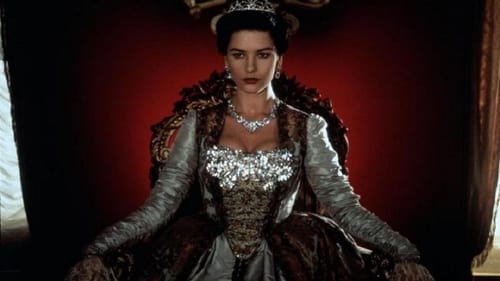
Trapped in a loveless arranged marriage to the immature future Czar, a young German Princess proves a skillful political infighter and rises to become Catherine the Great.
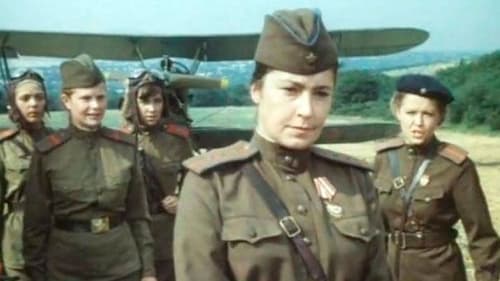
Film will be based on the female flying unit that fought in the Battle of Moscow. They were dubbed "Night Witches" by the frightened German soldiers because of the deadly stealth of their light planes.
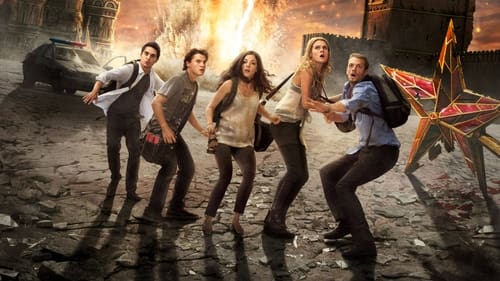
In Moscow, five young people lead the charge against an alien race which has attacked Earth via our power supply.
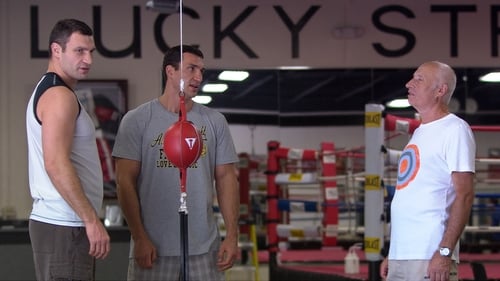
Klitschko tells the captivating story of the boxing worlds most famous brothers: Vitali and Wladimir Klitschko. From the socialist drill of their childhood in the Ukraine, and their first successes as amateurs, to their move to Germany and subsequent rise as international stars on the verge of holding the championship titles of all five boxing federations (Wladimir secured this with his unanimous World Boxing Association win against David Haye on July 2nd, 2011). Along the way they experience defeats and setbacks, low points and triumphant comebacks as well as conflicts with each other. Exciting conversations with companions and opponents, including the very first with the Klitschkos parents, give insight into their personal lives, plus never-before-seen footage of the draining preparations for a fight, and the spectacular boxing matches. Director Sebastian Dehnhardt composes an intimate and fascinating portrait of two exceptional athletes who are, before all else, brothers.
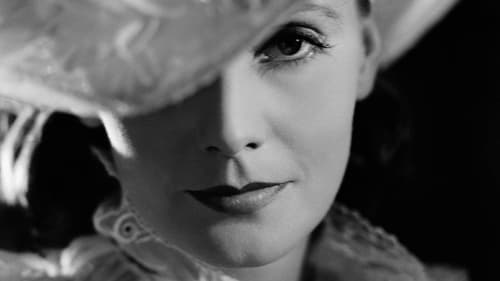
In 19th century Russia a woman in a respectable marriage to a senior statesman must grapple with her love for a dashing soldier.
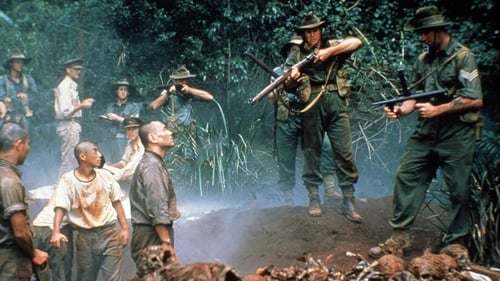
On an obscure Pacific Island just north of Australia, the Japanese Empire has operated a prisoner of war camp for Australian soldiers. At the close of World War II, the liberated POWs tell a gruesome tale of mass executions of over eight hundred persons as well as torture style killings of downed Australian airmen. In an attempt to bring those responsible to justice, the Australian Army establishes a War Crimes Tribunal to pass judgement on the Japanese men and officers who ran the Ambon camp. In an added twist, a high ranking Japanese admiral is implicated, and politics become involoved with justice as American authorities in Japan lobby for the Admiral's release. Written by Anthony Hughes

Multiply love stories are going around the young family including the newlyweds parnts and even... a grandmother.
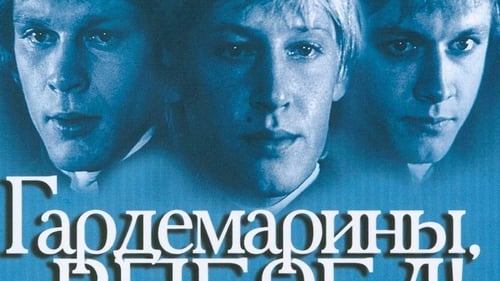
Three naval cadets accidentally get possession of a secret diary that was stolen from Bestuzhev, a vice-chancellor of Russia. If this diary ever gets abroad, the consequences for the country would be grave. The cadets are trying to return the papers to their owner, but there are others who want to get the papers...

In the town of Bryakhimov, noble but poor widow Harita Ignatyevna Ogudalova seeks to arrange marriages for her three daughters. She maintains an “open house”, hoping to attract gentlemen well-off enough to marry a dowry-less girl for love.
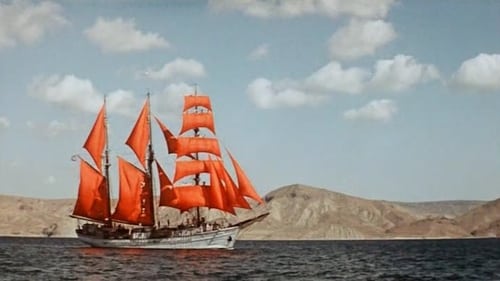
A little girl Assol met a wizard and it has been foretold: "... it will be a fine sunny day when a beautiful ship under scarlet sail comes and the noble prince will take you away from here. He'll take you to the world of your dreams, where you will be loved and happy." The neighbours told jokes about her, children teased her, but she waited for her prince. She trusted in the miracles and waited. Arthur Gray's rule was "if you can make a miracle, do it!". And he made a miracle for the wonderful romantic girl.

St. Petersburg, mid 19th century: the indolent, middle-aged Oblomov lives in a flat with his older servant, Zakhar. He sleeps much of the day, dreaming of his childhood on his parents' estate. His boyhood companion, Stoltz, now an energetic and successful businessman, adds Oblomov to his circle whenever he's in the city, and Oblomov's life changes when Stoltz introduces him to Olga, lovely and cultured. When Stoltz leaves for several months, Oblomov takes a country house near Olga's, and she determines to change him: to turn him into a man of society, action, and culture. Soon, Olga and Oblomov are in love; but where, in the triangle, does that leave Stoltz?

Masha Drokova is a rising star in Russia's popular nationalistic youth movement, Nashi. A smart, ambitious teenager who – literally – embraced Vladimir Putin and his promise of a greater Russia, her dedication as an organizer is rewarded with a university scholarship, an apartment, and a job as a spokesperson. But her bright political future falters when she befriends a group of liberal journalists who are critical of the government, including blogger Oleg Kashin, who calls Nashi a "group of hooligans," and she's forced to confront the group's dirty – even violent – tactics.

The Winter War was an epic life and death struggle that changed the course of World War II, and saved a democracy. Fire and Ice documents this timeless story of courage against all odds by a people united to preserve their freedom.

This documentary offers a glimpse into the life of an English neurosurgeon (Henry Marsh) situated in Ukraine as we are exposed to the overwhelming dilemmas he has to face and the burden he has to carry throughout his profession.
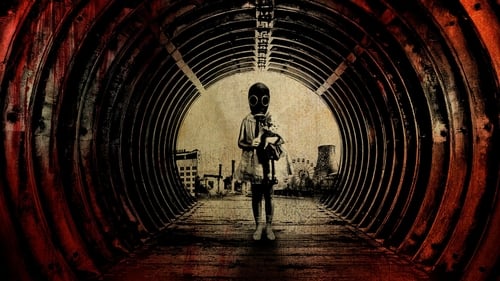
A group of six tourists looking to go off the beaten path, hire an 'extreme tour guide' who, ignoring warnings, takes them into the city of Pripyat, the former home to the workers of the Chernobyl nuclear reactor, but now a deserted town since the disaster more than 25 years earlier. After a brief exploration of the abandoned city, the group members find themselves stranded, only to discover that they are not alone.
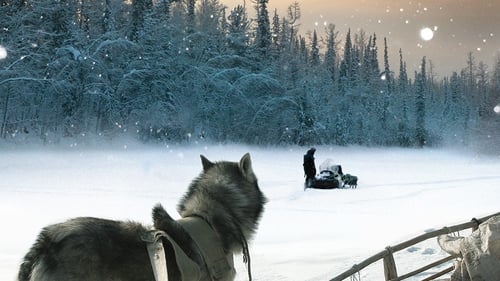
In the center of the story is the life of the indigenous people of the village Bakhtia at the river Yenisei in the Siberian Taiga. The camera follows the protagonists in the village over a period of a year. The natives, whose daily routines have barely changed over the last centuries, keep living their lives according to their own cultural traditions.
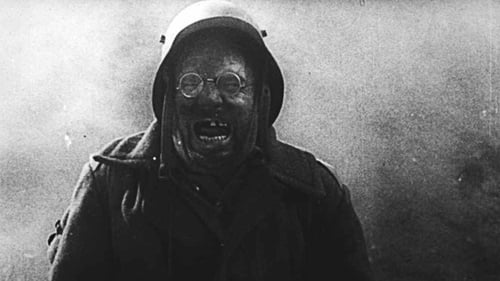
A soldier returns to Kyiv after surviving a train crash and encounters clashes between nationalists and collectivists.

British agent working in Russia is forced to remain longer than planned once the revolution begins. After being released from prison in Siberia he poses as a Russian Commissar. Because of his position among the revolutionaries, he is able to rescue a Russian countess from the Bolsheviks.

In the wake of World War II, most Germans have been raised with the mistaken belief that the Holocaust had been planned and executed by just a tiny minority of Nazis, namely, the Gestapo and the SS. The sad truth, however, is that Hitler's philosophy of ethnic cleansing, as the Fuhrer so brazenly espoused in his frightening manifesto, "Mein Kampf," had been enthusiastically embraced not only by the entire military but also by most of the civilian population. The long-suppressed proof of their widespread collaboration and participation was unveiled in The Wehrmacht Exhibition, a damning collection of photographs and film footage that toured Deutschland between 1999 and 2004. The show shook the country to its core because it forced folks to face up to the fact that it took much more than a madman and his henchmen to wipe out six million.



